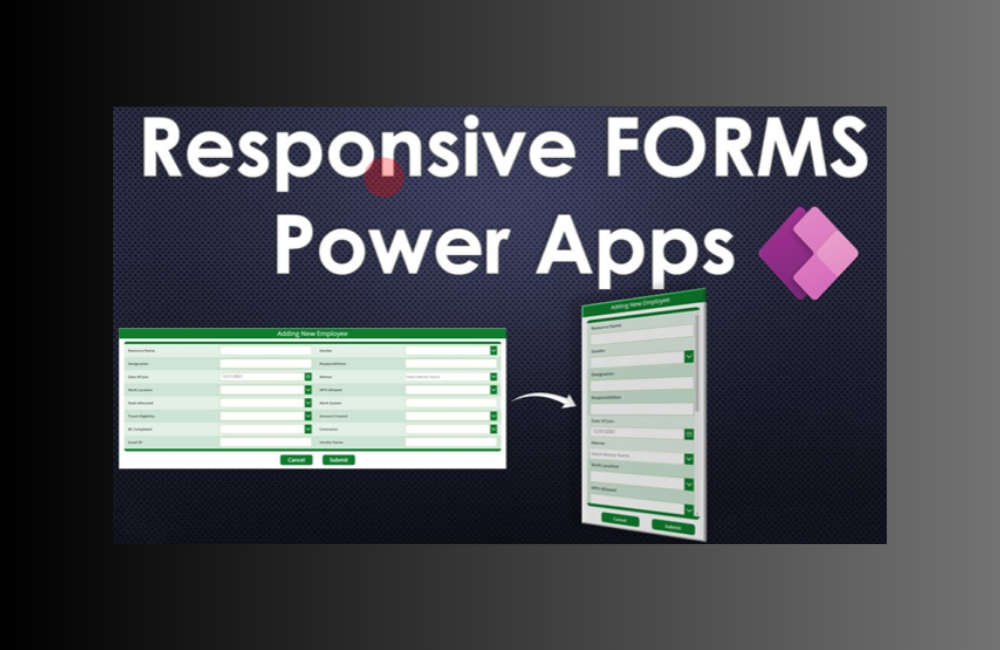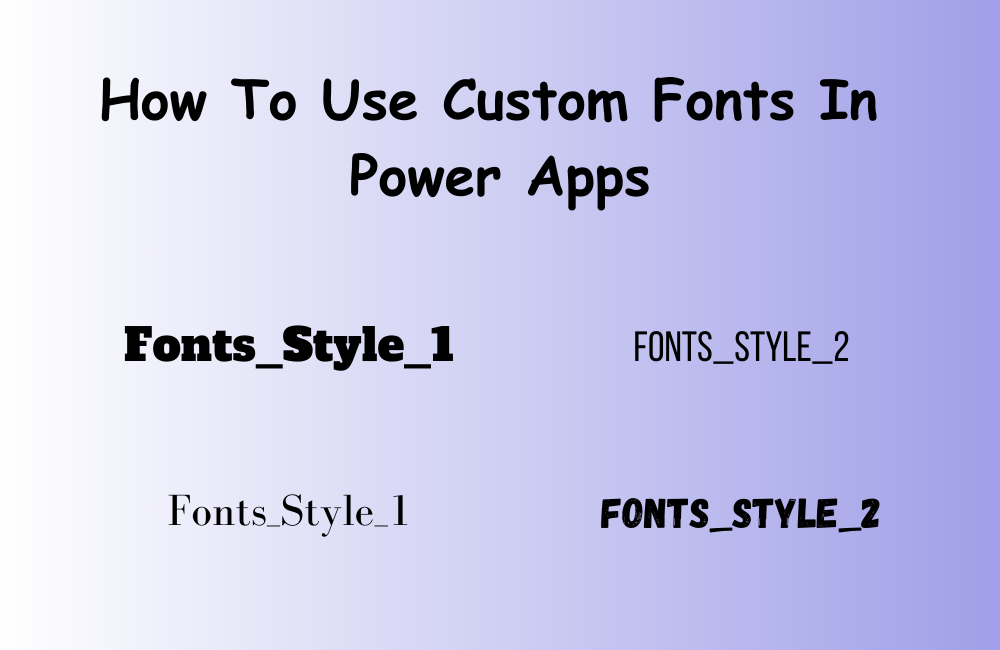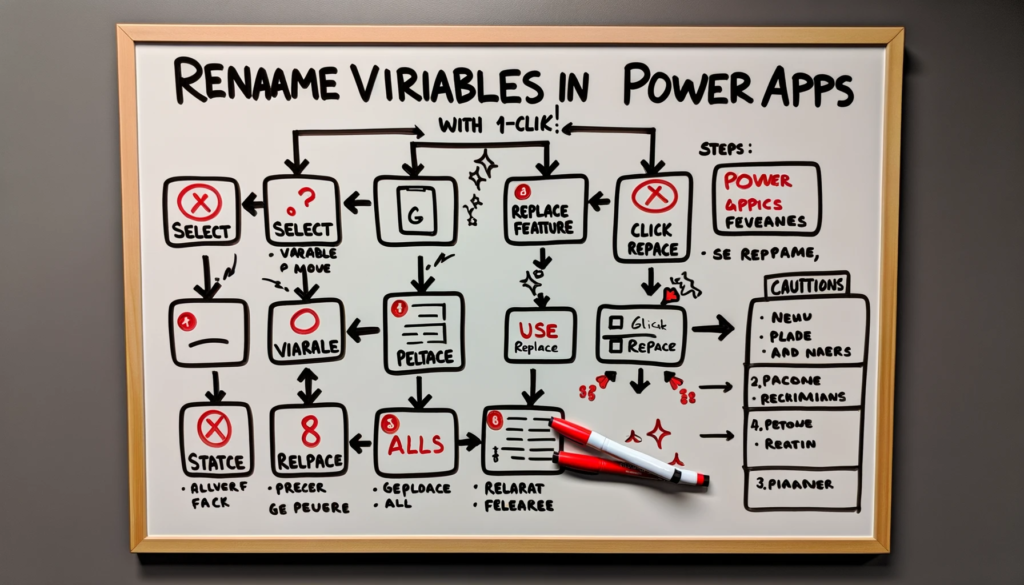How to Efficiently Ungroup Tables in Power Apps: A Step-by-Step Guide!
Overview:
This guide elucidates the procedure to efficiently ungroup tables in Power Apps, especially when data tables are stored within cells, ensuring enhanced data visibility and processing.
Understanding the Scenario
Consider a collection named mySpaces47 which holds data as follows:
Info value This is a list of meeting rooms [object Object], [object Object]…
Note: In Power Apps, when you see [object Object], it typically denotes a table stored as text within a cell.
Desired Output
Our objective is to ungroup the table so that it can be read clearly:
NickName People Building
Redwood 10 Building A
Oak 25 Building A
Pineview 8 Building B
Maple 15 Building B
Implementation: Power Apps Ungroup in Action
Begin by creating the initial collection:
ClearCollect(
roomList47,
{NickName: "Redwood", People: 10, Building: "Building A"},
{NickName: "Oak", People: 25, Building: "Building A"},
{NickName: "Pineview", People: 8, Building: "Building B"},
{NickName: "Maple", People: 15, Building: "Building B"}
);
ClearCollect(mySpaces47, {info:"This is a list of meeting rooms", value: roomList47});
Subsequently, extract and ungroup the table stored in the cell:
ClearCollect(roomBreakdown47, Ungroup(mySpaces47, "value"));
Conclusion
Power Apps offers a plethora of functionalities, and understanding how to efficiently ungroup data is pivotal for seamless app development. With the provided steps, you can easily segregate tables stored in cells, enhancing data visibility and processing. Should you face challenges or require more in-depth assistance regarding “power apps ungroup” or other technical nuances, don’t hesitate to contact us.
Why Ungrouping is Essential in Power Apps:
Before delving into the “how-to”, it’s crucial to understand “why” this is a significant topic. Power Apps is a powerful tool designed to streamline app creation without the need for extensive coding. However, data visualization and manipulation are at its core. Grouped data, while beneficial for certain presentations, can obscure critical information or make data harder to manage. By ungrouping data, you can:
- Increase Data Readability: Clear, ungrouped tables allow users to quickly identify and analyze data, making decision-making more straightforward.
- Facilitate Data Editing: Grouped data can be challenging to modify. Ungrouping can streamline this process.
- Enhance App Performance: Properly structured data can improve app responsiveness, making operations like filtering and sorting faster.
Tips for Effective Ungrouping:
- Always Backup Data: Before manipulating any data, especially ungrouping, ensure you have a backup. This will safeguard against potential loss or mistakes.
- Use Clear and Descriptive Names: When ungrouping and renaming tables or columns, use names that provide clear context. This assists in future data management.
- Frequent Testing: After ungrouping, run some basic operations to ensure the data integrity is maintained.
Advanced Ungrouping Techniques:
If you frequently find yourself needing to ungroup data in Power Apps, consider exploring:
- Automated Scripts: For repetitive tasks, automated scripts can be a lifesaver. Though Power Apps is designed to be low code, some background scripting can enhance its utility.
- Integrations with Other Tools: Tools like Power BI can sometimes handle grouped data more efficiently than Power Apps. Consider integrating with such tools when the need arises.
Community and Resources:
For those eager to dive deeper into Power Apps and its functionalities, there’s a thriving community out there. Join forums, attend webinars, and engage with other Power Apps enthusiasts. The more you immerse yourself, the more tips, tricks, and shortcuts you’ll discover.






